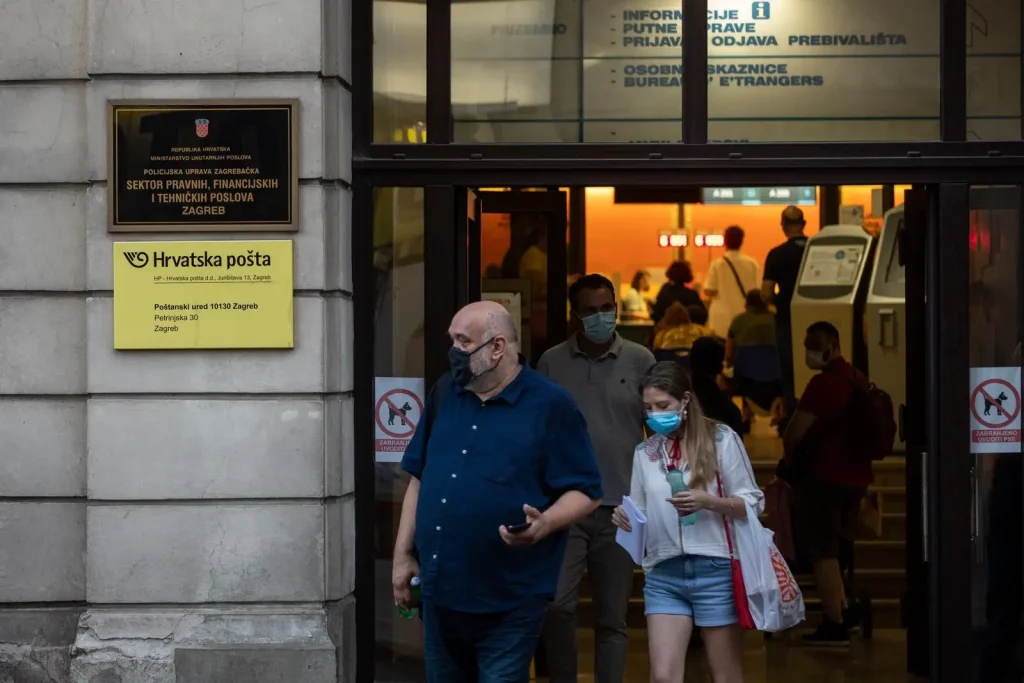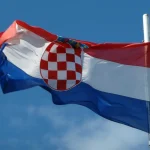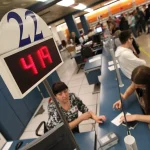What is an EU national?
An EU national is a person who holds the national citizenship of one of the 27 European Union member states.
What is an EEA national?
An EEA national is someone who holds the national citizenship of an EEA member state, which doesn’t have to also be an EU member state. Norway, for example, is an EEA country, but it isn’t a member state of the EU.
Jargon buster
As stated, the EEA includes the 27 European Union member states and Norway, Iceland, the Swiss Confederation and the Principality of Liechtenstein. Just like third-country nationals, as an EEA citizen, you can be in Croatia on a short-term stay, or obtain temporary and then permanent residence in Croatia. When granted a permit, you’re obliged to carry that permit with you at all times or face a possible 100 kuna fine.
Short-term stay:
As a citizen of the EEA/EU, you have the right of entry into the Republic of Croatia without a visa, you also enjoy the right to reside in the Republic of Croatia for up to three months from the date your initial entry into the country if you hold a valid travel document or government issued identity card.
Temporary residence:
Contrary to popular belief, the type which fuelled Brexit, you do not have the right to simply stay in another EEA country without providing several things to the powers that be. Freedom of movement is exactly that, movement, it is not the right of residence unless you are able to fulfil certain requirements that the host country seeks from you. If you’re moving to Croatia, you must register for temporary residence no later than eight days before your initial 90 days of visa free stay come to an end in Croatia. You can do so by submitting your application for temporary residence with your local police station which is responsible for the area of your residency in Croatia. Failure to do this will result in a fine, typically of 100/200 kuna, this can vary. You can also now make the application online by finding your local police administration’s email address. Click here for a list.
What you’ll need to provide as part of your application as an EEA/EU citizen:
Your birth certificate
A copy of your birth certificate (this isn’t a legal requirement anymore, but many smaller administrative police stations still ask for it, so it’s better to have it than to not have it)
A valid passport
A scanned copy (its wise to make several copies), of the photographic ID of the page with your details in your passport
A colour 35x45mm photograph (passport style, not passport size – MUP will either take your photo there or direct you to a nearby place where it can be done to the correct measure)
Proof of health insurance (this can be obtained by going to a HZZO office or by showing you have an EU health card. In some circumstances, EEA nationals are not asked to provide proof of health insurance. Please note that due to the EU’s double taxation laws, you cannot be publicly insured in two EU countries at the same time, and should you be required to show proof of health insurance, you’ll need to provide proof of release from your old EU provider in your country of origin. Once again, EEA nationals are being asked to provide proof of health insurance less and less frequently). An EHIC should be sufficient.
Proof of funds to sustain yourself for the foreseen length of stay in Croatia (this can be proven with a printed statement from the bank showing and attesting to the amount in the account. Please note that while you once had to open a Croatian bank account in order to do this, you no longer do. You can show the funds in your local bank account. You’ll need an OIB (personal identification/tax number) to open a Croatian bank account, however, and this can be easily obtained at the local tax office (porezna uprava).
Proof of the justification of the reason behind your request for temporary residency
Proof of having somewhere to stay (this can be proven in several ways, from proof of having purchased property, to a notarised rental contract, to the friend, partner or family member you’re living with coming with you to the police station)
As an EEA/EU citizen, you’ll be approved for temporary residence in Croatia if:
You’re coming to work or carry out your activities as a self-employed person
You have sufficient means of subsistence for yourself and your family members (if applicable) so as not to become a burden on the social welfare system during your stay in the Republic of Croatia
You have health insurance (again, this may not even be asked of you)
If you’re attending higher education or vocational education and you have adequate health insurance, and by means of a bank statement, you can prove that you have sufficient means to support yourself and any of your dependents should that be applicable in your case
If you’re the non-EEA family member who is joining an EEA citizen who meets the above conditions, you can get temporary residence granted to you, too
You can get the form you’ll need to fill in from MUP when you go there or by emailing them making your request. When you provide this and all of the documents listed above, you’ll need to show your original passport or travel document which you entered Croatian territory with. The scanned copy of it will be verified by the official dealing with your case upon seeing that it matches the original.
Once approved, you’ll be given a slip of paper (registration certificate) attesting to that fact. Don’t lose it as you’ll need to present it when coming to pick up your card. It can take a few weeks, but you’ll be contacted to come to the police station and pick up your card, which will have a validity of five years if you make sure to ask for that time period.
Caveats
As an EEA/EU citizen, you’re afforded many more travel opportunities than third country nationals when it comes to moving to Croatia and subsequently living here. You aren’t tied into the 30-day rule and there is a much more relaxed approach. EU law, by which Croatia is bound, states that EU/EEA citizens can leave Croatia for up to six months in any one calendar year without endangering the validity of their residence.
You’re also free to work without the need for a work (work and stay) permit.
After you’re granted permanent residence after five years of lawful temporary residence (which we’ll explore in another article) the perks get even better.
For more on moving to Croatia, living in Croatia and conquering everything from snake bites to health insurance, make sure to check out our lifestyle section.











